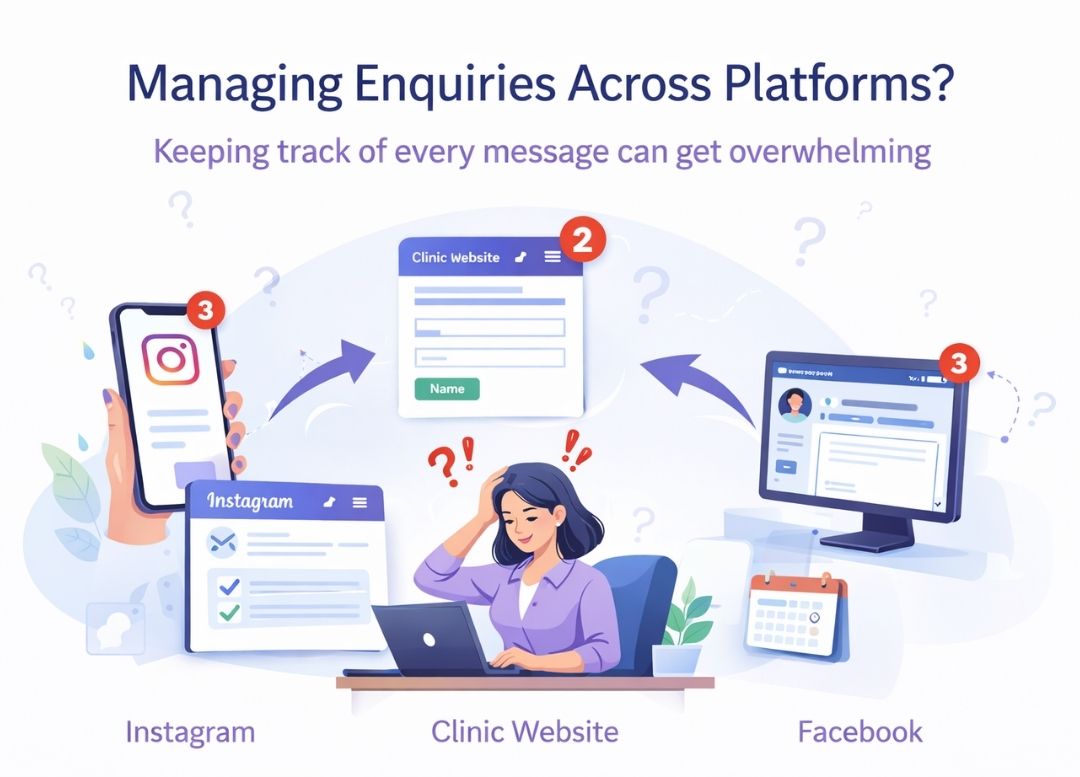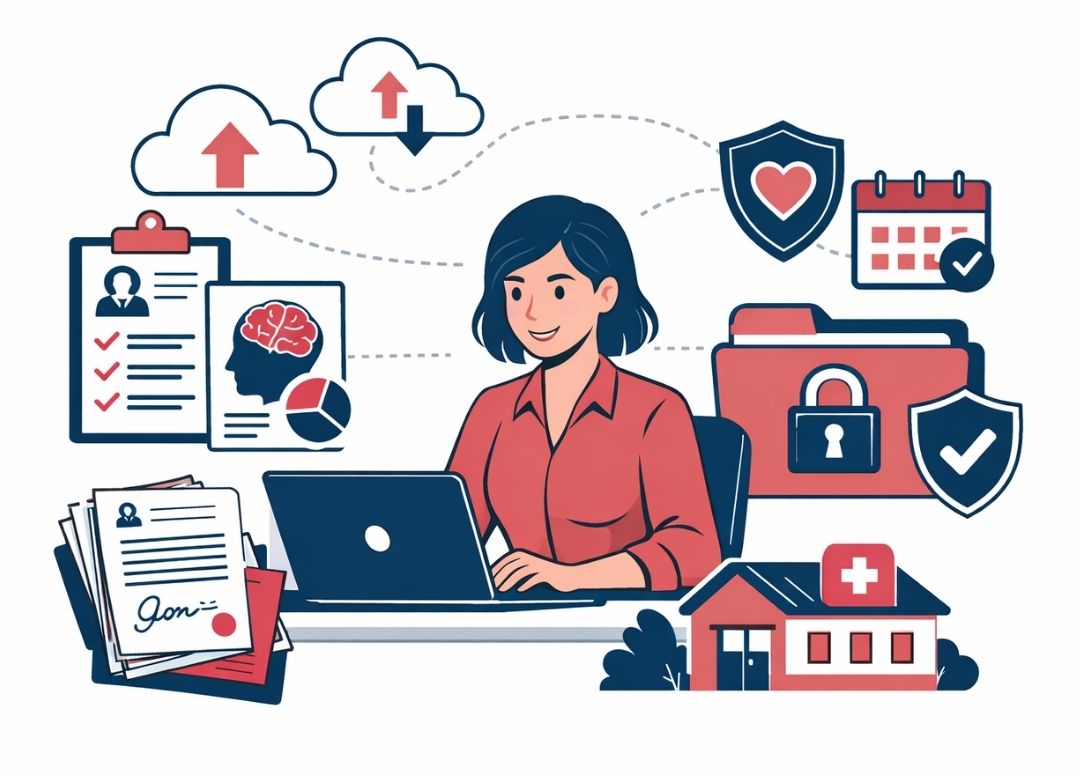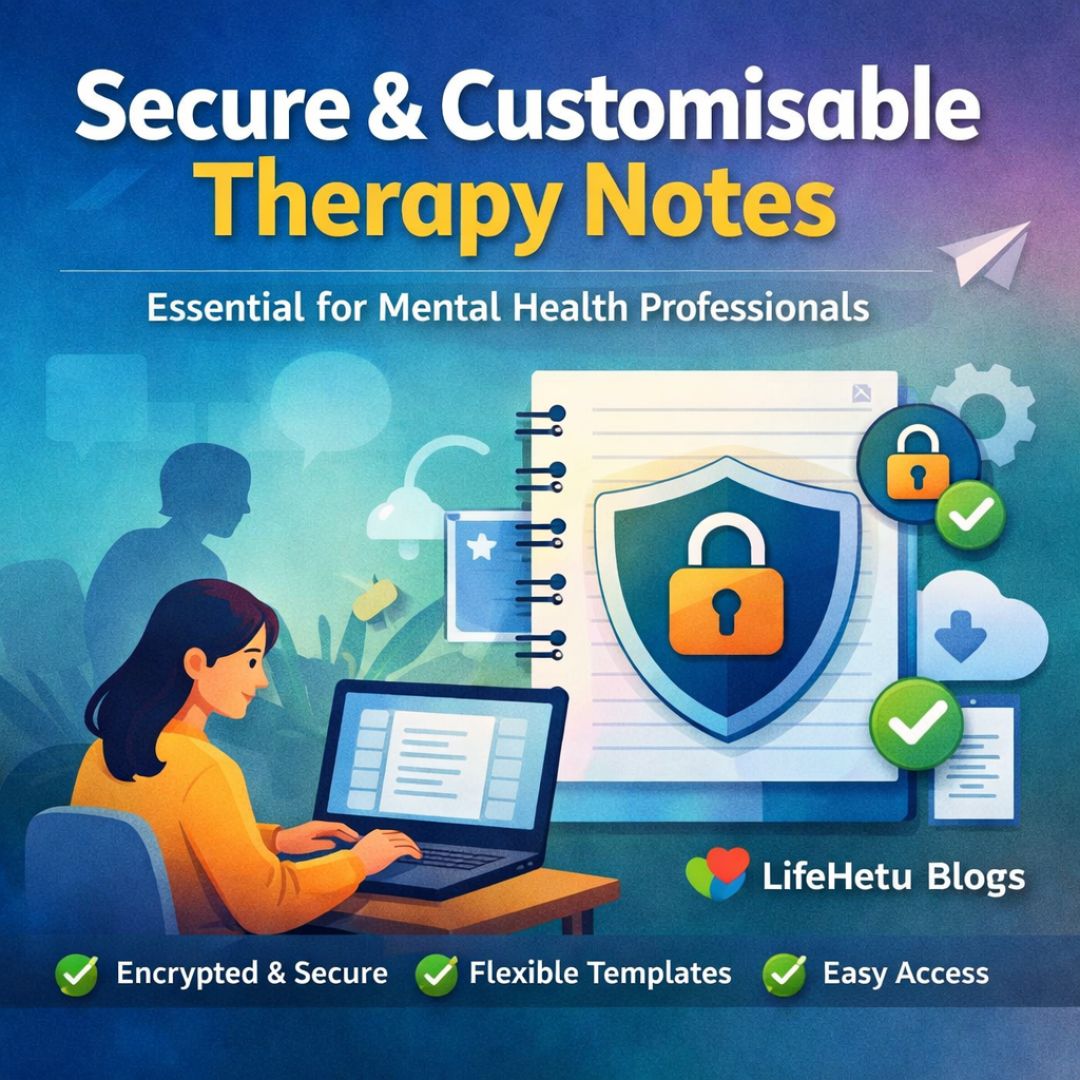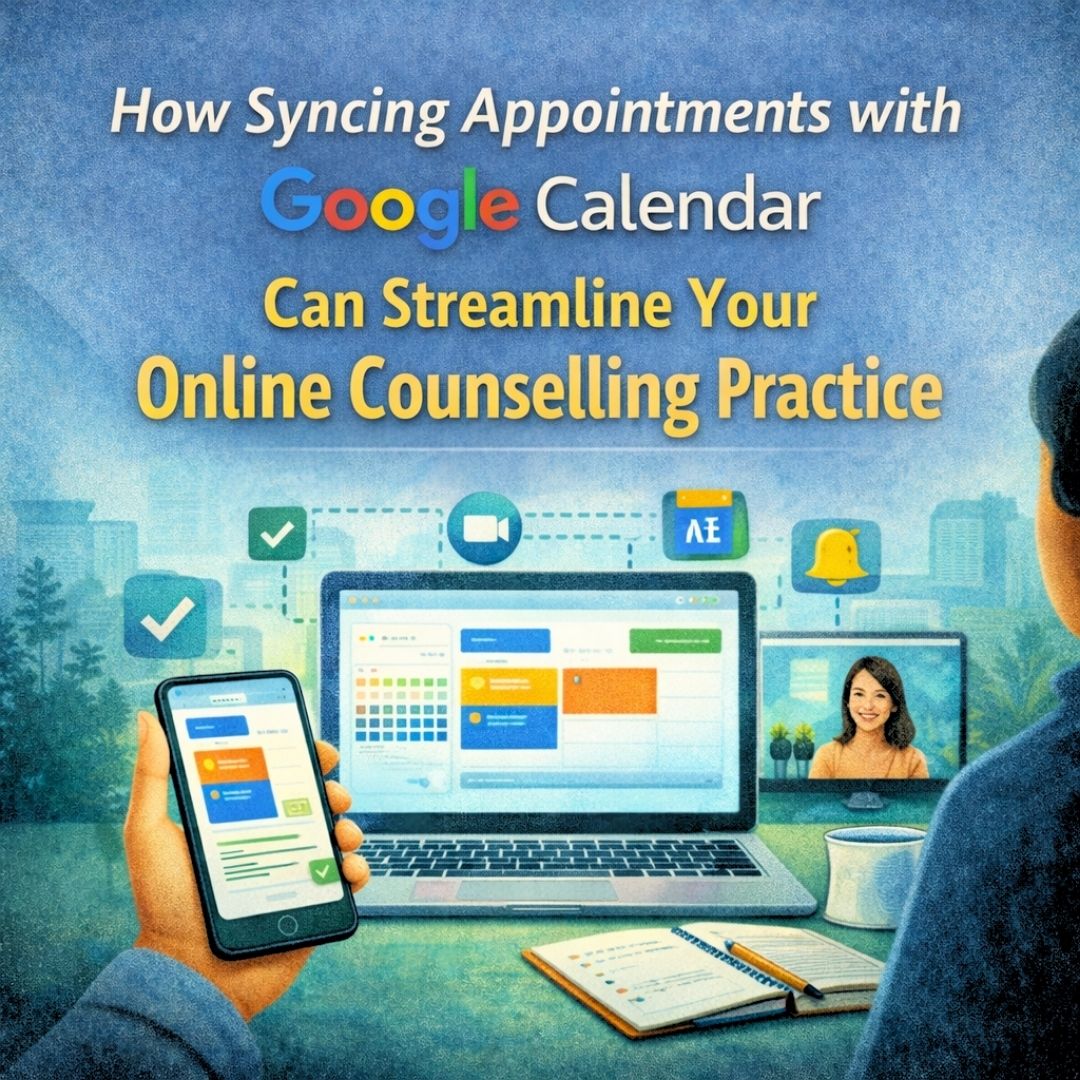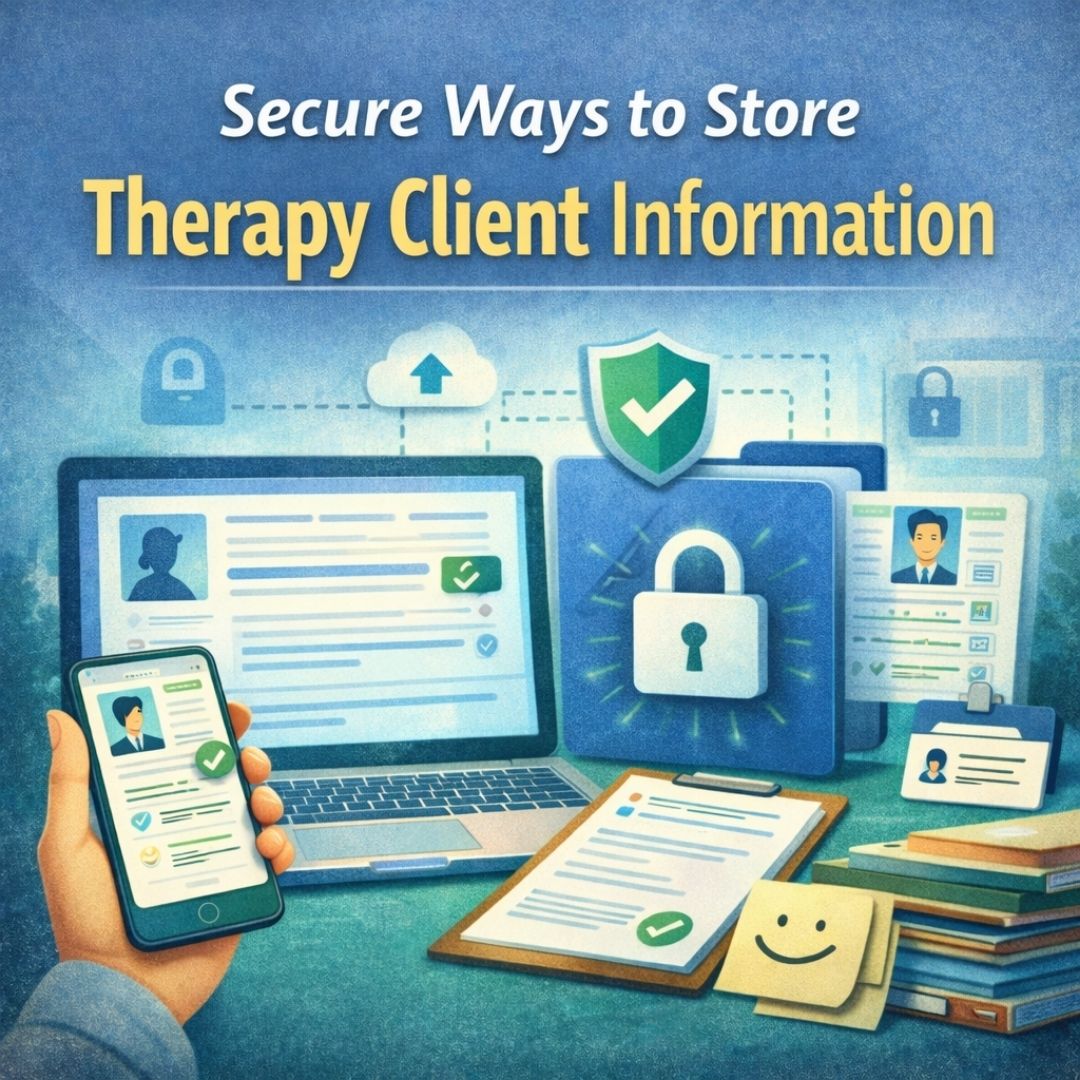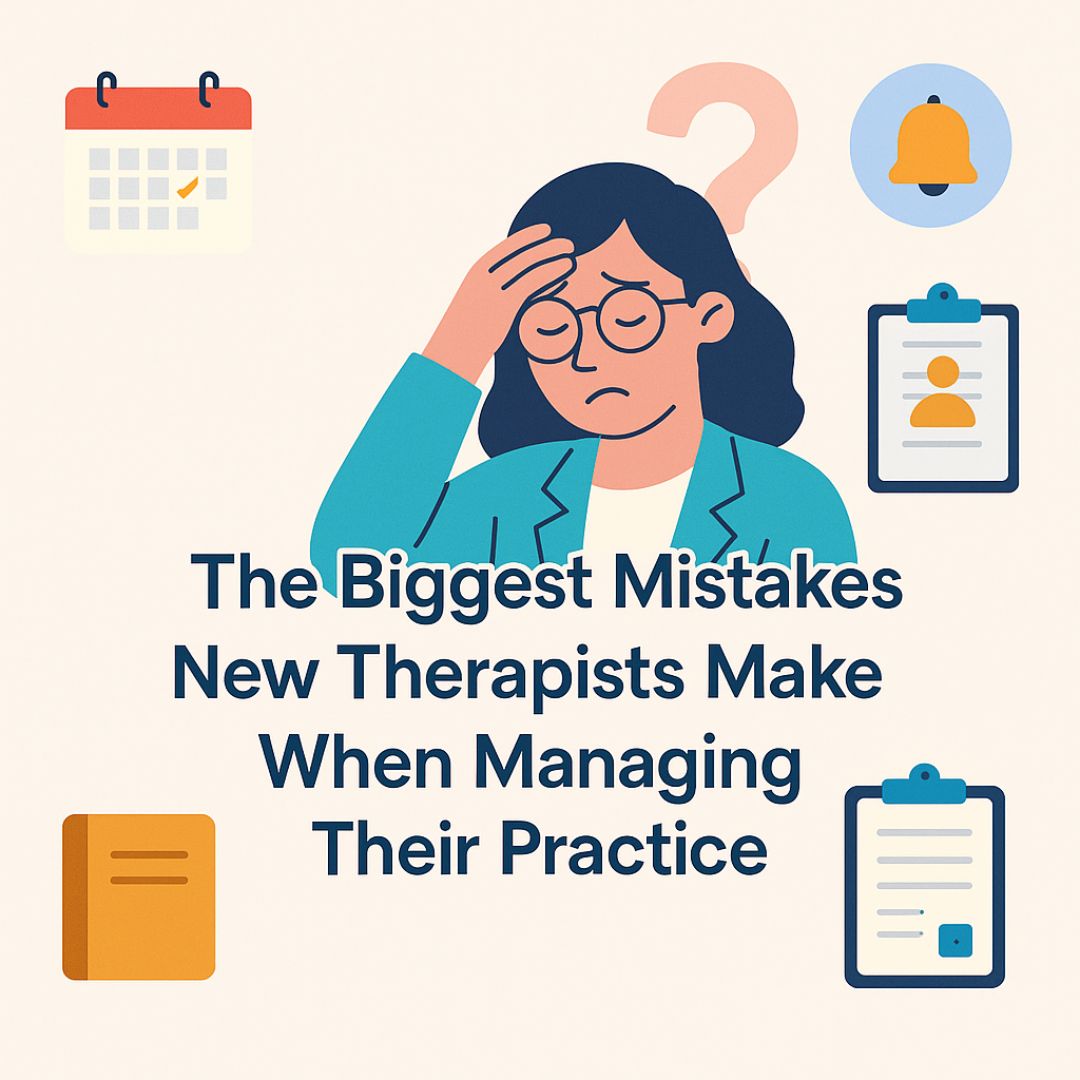Did COVID help Mental Health care go online?
Significant changes brought about by COVID-19 in the field of mental health care have sped up the transition to telehealth and mental health care online. In this article, we will go over the advantages of online mental health care, how the pandemic has encouraged its uptake, and other pertinent areas.
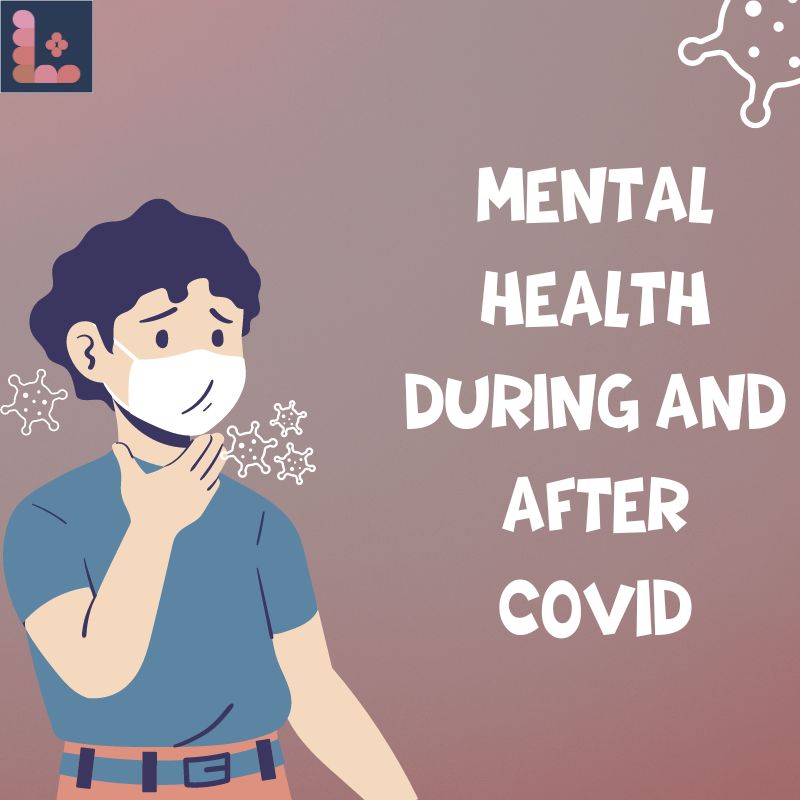
On this page
Jump to sections
Significant changes brought about by COVID-19 in the field of mental health care have sped up the transition to telehealth and mental health care online. In this article, we will go over the advantages of online mental health care, how the pandemic has encouraged its uptake, and other pertinent areas.
Global healthcare systems experienced substantial upheavals as a result of the early 2020 appearance of COVID-19. Governments implemented strict measures like lockdowns and social seclusion to stop the virus's rapid spread. While these actions were necessary for the public's health, they also reduced access to traditional therapy and counselling services and forced the closure of numerous in-person mental health facilities. In order to continue providing crucial mental health care services in the face of these difficulties, mental health experts and organisations swiftly resorted to mental health care online platforms.
Teletherapy was one of the main ways that mental health services were provided online during the time of the pandemic. Teletherapy is the practise of conducting therapy sessions over the distance using video conferencing tools. With the help of this strategy, mental health professionals were able to treat their patients while also following the rules for social distance. There would be no need for in-person visits because patients may receive therapy in the security and comfort of their own homes. Teletherapy during Covid-19 allowed for more profound appointment scheduling flexibility because patients may attend therapy sessions whenever it was most convenient for them.
Therapy sessions were not the only aspect of the transition to virtual mental health treatment. Online mental health consultations have become a complete answer to a range of mental health issues. These services covered a broad range of resources, such as online support groups, counselling, and technological solutions for mental health support. Online platforms and programmes created expressly for mental health support have become increasingly popular, providing remote access to therapists, psychiatrists, and support groups.
Virtual support groups for mental health are a vital part of online mental health care and offer those who are struggling with different kinds of mental health issues helpful resources, connections, and support. These groups provide a secure and convenient environment where individuals are able to connect with others who might be going through similar issues, express their ideas and feelings, and gain insight from one another's experiences.
Online mental health care had a number of advantages, including accessibility of mental health services online and convenience. Geographical boundaries have been eradicated by online services, allowing people to get care wherever they were. This was especially helpful for people living in rural areas with few supports for mental health. Online services also gave clients greater flexibility when making appointments, avoiding the need for travel and reducing turnaround times.
Additionally, the COVID-19 pandemic increased the digitalization of mental health care. Organisations and professionals working in the field of mental health have embraced digital tools and technologies to improve care. Adoption of telemedicine platforms, electronic health records, and digital tools for assessment were part of this shift. These technological advancements enhanced the efficiency of mental health care delivery overall by enabling remote therapy during the pandemic, streamlining administrative procedures, and streamlining workflows.
COVID-19 had a wide-ranging effect on how mental health care was provided. While the pandemic presented a number of challenges, it also demonstrated the value and importance of online mental health services. A rise in demand for online mental health treatments resulted from people turning to online alternatives for help when traditional in-person care was disrupted. In order to fulfil the demand, more mental health professionals had to be hired, online platforms had to be expanded, and innovative digital solutions for mental health support had to be created.
One of the most important aspects of the digital transition was the introduction of telehealth in mental health treatment. The term "telehealth" describes a broader use of technology to deliver healthcare remotely. It includes not only therapy sessions conducted via video but also other means of contact including phone calls and secure messaging apps. Telehealth enabled mental health professionals to stay in constant communication with their patients, track their development, and offer continuous care. Additionally, it made it easier to provide psychiatric consults, manage medications, and conduct crisis interventions.
Individuals received significant assistance by the availability of online mental health services during the pandemic. Numerous tools were available on digital platforms, including educational materials, self-help apps, and peer support forums. These resources have assisted clients in taking control of their mental health, learning coping mechanisms, and finding out more about various mental health issues. Online resources were furthermore available 24/7, offering anyone in need rapid support.
Online mental health care has multiple advantages. First off, it made sure that people who were already receiving mental health therapy continued to do so. Clients could continue their therapy uninterrupted by switching to online services, potentially lessening the detrimental effects of treatment gaps. Second, online services made it easier for clients to get care, especially those who have been marginalised or have restricted mobility. Clients who previously had difficulties accessing mental health treatments due to stigma or transportation difficulties found it simpler to do so using online resources.
Furthermore, the privacy and anonymity that online mental health care provided helped to dispel the stigma attached to getting mental health support. It would be more private and comfortable for clients to get therapy or counselling in the privacy of their own homes. This feature of online care encourages a greater number of people to seek help and become involved in the process of enhancing their mental health.
It is crucial to understand that not everyone or every type of mental health illness are suitable for online mental health care. For more serious or complex cases, some people might prefer or need in-person care. The widespread availability of online mental health resources, however, offers an alternative solution that can supplement conventional therapy or act as the main source of support in certain circumstances.
As a result, COVID-19 has been instrumental in hastening the uptake of online mental health treatments. Due to the pandemic, teletherapy, virtual mental health services, and the digital transformation in mental health care delivery have all rapidly taken off. Improved accessibility, convenience, continuity of care, and the availability of rapid help through digital resources are all benefits of online mental health care. Online care may not entirely replace in-person services, but its use has widened access to mental health medical care, dismantling barriers and offering an alternative form of support for people going through challenging situations.
FAQs
How did COVID-19 impact mental health care delivery?
COVID-19 accelerated the shift to online mental health care, with lockdowns reducing in-person access and prompting the adoption of teletherapy and virtual services.What is teletherapy, and how was it used during the pandemic?
Teletherapy involves video conferencing for therapy sessions, allowing mental health professionals to provide care remotely while adhering to social distancing rules.What are the main benefits of online mental health care?
Online care offers accessibility, convenience, continuity of treatment, and privacy, especially for those in rural areas or with mobility issues.How did online support groups help during COVID-19?
Virtual support groups provided a safe space for individuals to connect, share experiences, and gain support for various mental health challenges.What role did telehealth play in mental health support?
Telehealth enabled remote therapy, psychiatric consults, medication management, and crisis interventions, ensuring continuous care during the pandemic.Are there limitations to online mental health care?
Online care may not suit severe or complex cases, where in-person treatment might be preferred or necessary.Where can individuals find online mental health services?
Explore a range of online mental health services at https://www.lifehetu.com/mental-health/services to access support and resources.
On this page
Jump to sections
Related Reads. Similar Blogs to Check Out.
